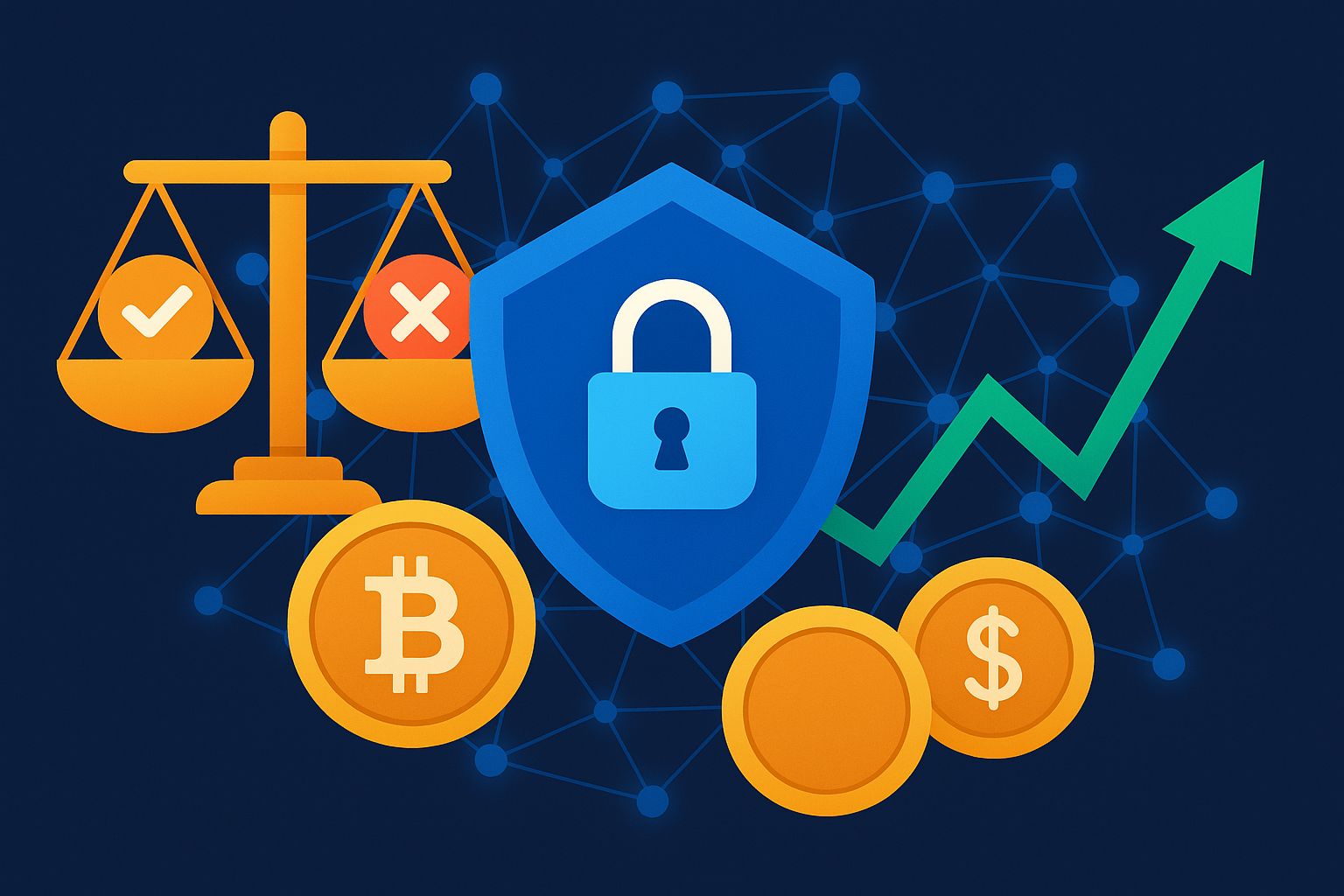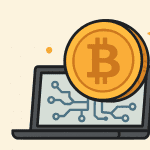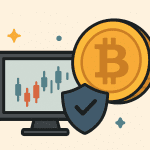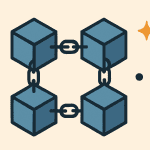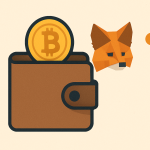DeFi, or Decentralized Finance, is one of the most exciting parts of the crypto world. It allows anyone to borrow, lend, trade, and earn without using banks. But with great opportunity also comes great risk.
If you’re new to DeFi, this article will explain—in simple terms—what makes DeFi exciting, what dangers to watch for, and how to stay safe.
Contents
What Is DeFi?
DeFi stands for Decentralized Finance. It’s a way of using financial tools like loans, savings, and trading without traditional banks. Instead, everything runs on blockchain technology and smart contracts.
Examples of popular DeFi platforms include:
-
Uniswap (for trading tokens)
-
Aave and Compound (for lending and borrowing)
-
Curve and Balancer (for liquidity pools)
With DeFi, you stay in control of your funds using your own wallet—like MetaMask or Trust Wallet.
What Are the Rewards of DeFi?
DeFi offers some exciting benefits:
✅ 1. Full Control of Your Money
You don’t need to trust a bank or middleman. You hold your own wallet and control your assets 24/7.
✅ 2. High Earning Potential
Many DeFi platforms offer yield farming, staking, or liquidity rewards, where you can earn interest on your crypto.
✅ 3. Easy Access
Anyone with an internet connection and a wallet can use DeFi. No ID or credit checks are needed.
✅ 4. Innovation and Growth
DeFi is growing fast, with new projects offering creative ways to earn and use crypto.
What Are the Risks of DeFi?
DeFi is powerful, but it’s also risky—especially for beginners. Here are the most common dangers:
⚠️ 1. Smart Contract Bugs
Smart contracts are the code behind DeFi platforms. If there’s a bug or error, hackers can steal funds. Once stolen, it’s usually impossible to get the funds back.
⚠️ 2. Scams and Rug Pulls
Some DeFi projects are fake. They may promise big rewards, collect user deposits, then disappear—this is called a rug pull.
⚠️ 3. No Insurance or Help
In traditional banking, you’re protected if something goes wrong. In DeFi, there’s no customer support. If you lose your funds, there’s usually no way to recover them.
⚠️ 4. Impermanent Loss
When you provide liquidity to a pool (like on Uniswap), you can lose money due to price changes between tokens. This is called impermanent loss.
⚠️ 5. Market Volatility
Crypto prices can change very fast. Your investments can lose value quickly if the market crashes.
How to Stay Safe in DeFi
If you want to explore DeFi, follow these tips to protect yourself:
🔒 1. Use Trusted Platforms
Stick to well-known, audited DeFi protocols like Aave, Uniswap, or Curve. Check if the project has been reviewed by security experts.
🔒 2. Start Small
Don’t risk large amounts at first. Test with small amounts of crypto to understand how everything works.
Your seed phrase gives full access to your wallet. Never share it with anyone—not even support staff.
🔒 4. Use a Hardware Wallet
If you’re investing large amounts, store your crypto in a hardware wallet like Ledger or Trezor. These are safer than browser or mobile wallets.
🔒 5. Research Before You Invest
Always read about the project:
-
Who are the founders?
-
Is the code open source?
-
Are there audits?
-
What do other users say?
🔒 6. Be Careful with Links
Only use official websites and trusted apps. Scammers often create fake sites that look real.
Is DeFi Right for You?
DeFi is an amazing space full of opportunity—but it’s not for everyone.
You might enjoy DeFi if:
-
You’re curious about new technologies
-
You want to earn interest or rewards on your crypto
-
You’re willing to do research and take some risk
But you should be careful if:
-
You’re not familiar with wallets and blockchain tools
-
You can’t afford to lose money
-
You prefer simple, low-risk investing
Final Thoughts
DeFi is changing the way people use money by removing banks and giving users full control. It offers freedom, high earning potential, and exciting innovation.
But with that freedom comes responsibility.
To recap:
-
DeFi is not risk-free
-
Start slow and stay alert
-
Use trusted platforms and secure wallets
By understanding the risks and rewards, you can decide if DeFi is right for you—and explore it safely.
